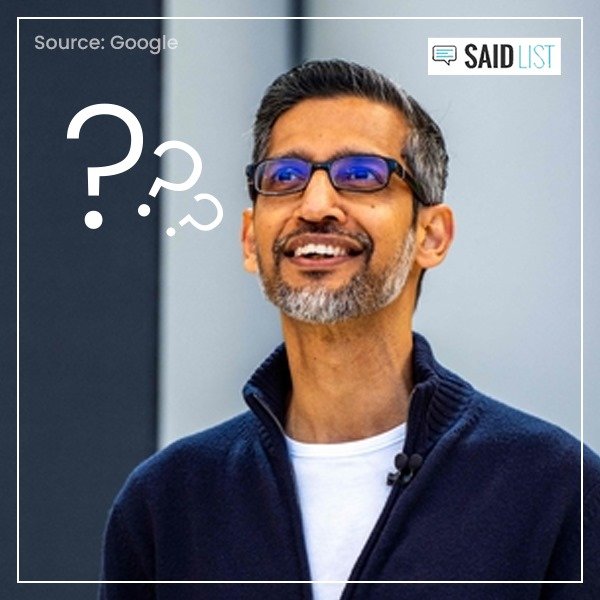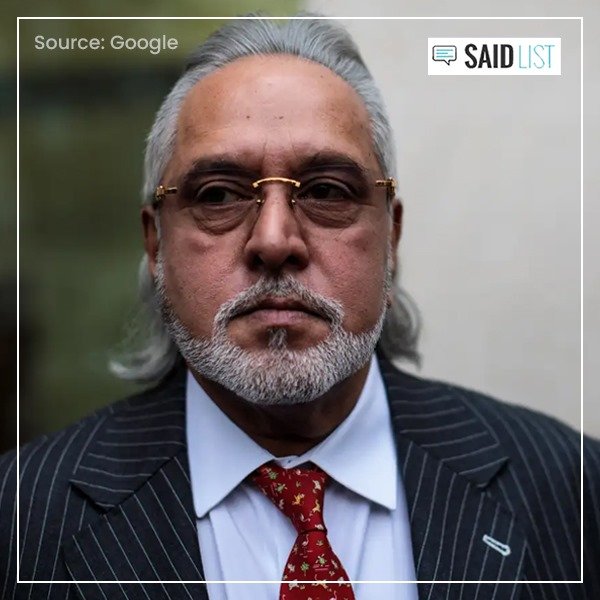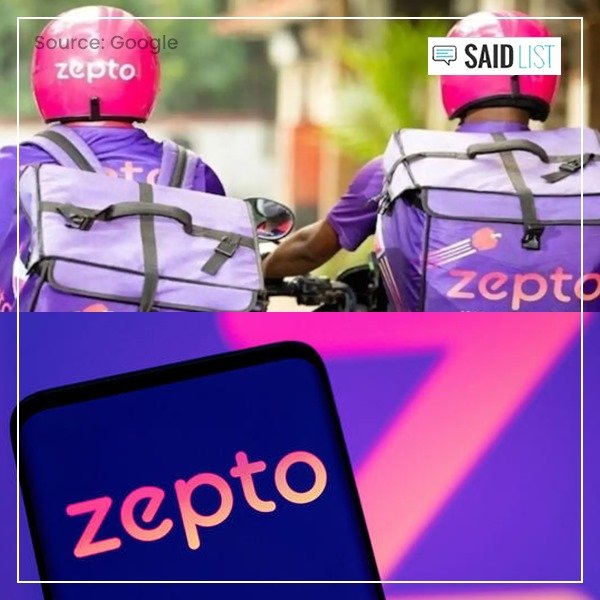Twitter co-founder and former CEO Jack Dorsey reiterated that the company received “many requests” from the Indian government to restrict accounts documenting farmer demonstrations and criticizing the government. He has also stated that the platform has been threatened with “a shutdown” and that raids have been conducted at its employees’ residences around the country.
Rajeev Chandrasekhar, Minister of State for Electronics and Information Technology, replied to Dorsey’s assertions, claiming that under his leadership, Twitter engaged in “repeated and continuous violations of Indian law” and at times “weaponised misinformation.”
It is worth mentioning that Twitter’s new CEO, Elon Musk, has previously described India’s social media laws as “strict.” Musk stated in April of this year that he would rather comply with the government’s banning orders than risk sending Twitter employees to jail.
Musk was possibly referring to India’s Information Technology Rules, 2021, which state that a top representative of a social media company, known as the chief compliance officer, can face jail time for violating the rules.
‘We will shut you down if you don’t follow suit
When asked about the pressures he faced from foreign governments during his time as CEO of Twitter, Dorsey said, “India is a country that had many requests of us around the farmers protest, around particular journalists that were critical of the government, and it manifested in ways such as ‘we will shut Twitter down in India,’ which is a very large market for us; ‘we will raid the homes of your employees,’ which they did; ‘we will shut down your offices, if you don’t follow suit,’ and this is India, a democratic country”.
The Centre has urged Twitter to remove nearly 1,200 accounts for supposed “Khalistan” links at the height of the country’s farmers’ protest in 2021. Previously, it had requested that more than 250 accounts be removed from the platform.
Twitter replied by blocking some of the accounts but later unblocking them, which irritated the IT ministry. Later in its response, Twitter refused to block these accounts, claiming free speech on its platform. The response, however, did not sit well with the government, which stated that the platform could not “assume the role of a court and justify noncompliance.”
A team of Delhi Police’s Special Cell — working under the Union Home Ministry — knocked on the doors of Twitter India’s Delhi and Gurgaon offices in May 2021, days after Twitter flagged some posts by ruling party leaders alleging a Congress plot to malign the Prime Minister and the Central Government as “manipulated media.”
https://twitter.com/RoshanKrRaii/status/1668328141801267206?s=20
‘Outright lie’ by Dorsey: MoS IT Rajeev Chandrasekhar
In response to Dorsey’s claims, Chandrasekhar stated that no one from Twitter was imprisoned, nor was the site “shutdown,” despite being in “non-compliance with law repeatedly from 2020 to 2022, and it was only in June 2022 when they finally complied.”
“Dorsey’s Twitter regime had a problem accepting Indian law’s sovereignty.” “It acted as if Indian laws did not apply to it,” Chandrasekhar added. “India has the right, as a sovereign nation, to ensure that its laws are followed by all companies operating in India.”
He went on to say that the Centre was “obligated” to issue takedown orders during the farmers’ protest in 2021 because there had been “a lot of misinformation and reports of genocide that were definitely fake.”
“Such was the level of partisanship on Twitter under Jack’s regime that they had a problem removing misinformation from the platform in India, even though they did it themselves when similar events occurred in the United States,” he claimed.
Growing trend of online censorship
Between 2014 and 2020, there was a considerable increase in legal demands made by India from various courts and the government — to delete content from Twitter, according to an earlier study of Twitter’s worldwide transparency reports. In the same time period, the number of content-banning orders given by the government to social media companies grew by about 2,000%, according to data shared with Parliament, demonstrating India’s growing trend of online censorship.
During the first six months of 2021, Twitter was asked by various Indian courts and the government to block approximately 4,900 tweets — this coincided with the company blocking more than 250 accounts for sharing “provocative” tweets about the then-ongoing farmers’ protests and the company receiving orders from the government to remove some tweets critical of the government’s handling of Covid-19.
Twitter launched legal action against some of the government missives in July 2022, forcing it to remove certain content uploaded on the microblogging service. The social network business filed a petition in the Karnataka High Court on Tuesday, alleging disproportionate use of power by authorities, in response to the Ministry’s content-blocking orders issued under Section 69 (A) of the Information Technology Act, 2000.











